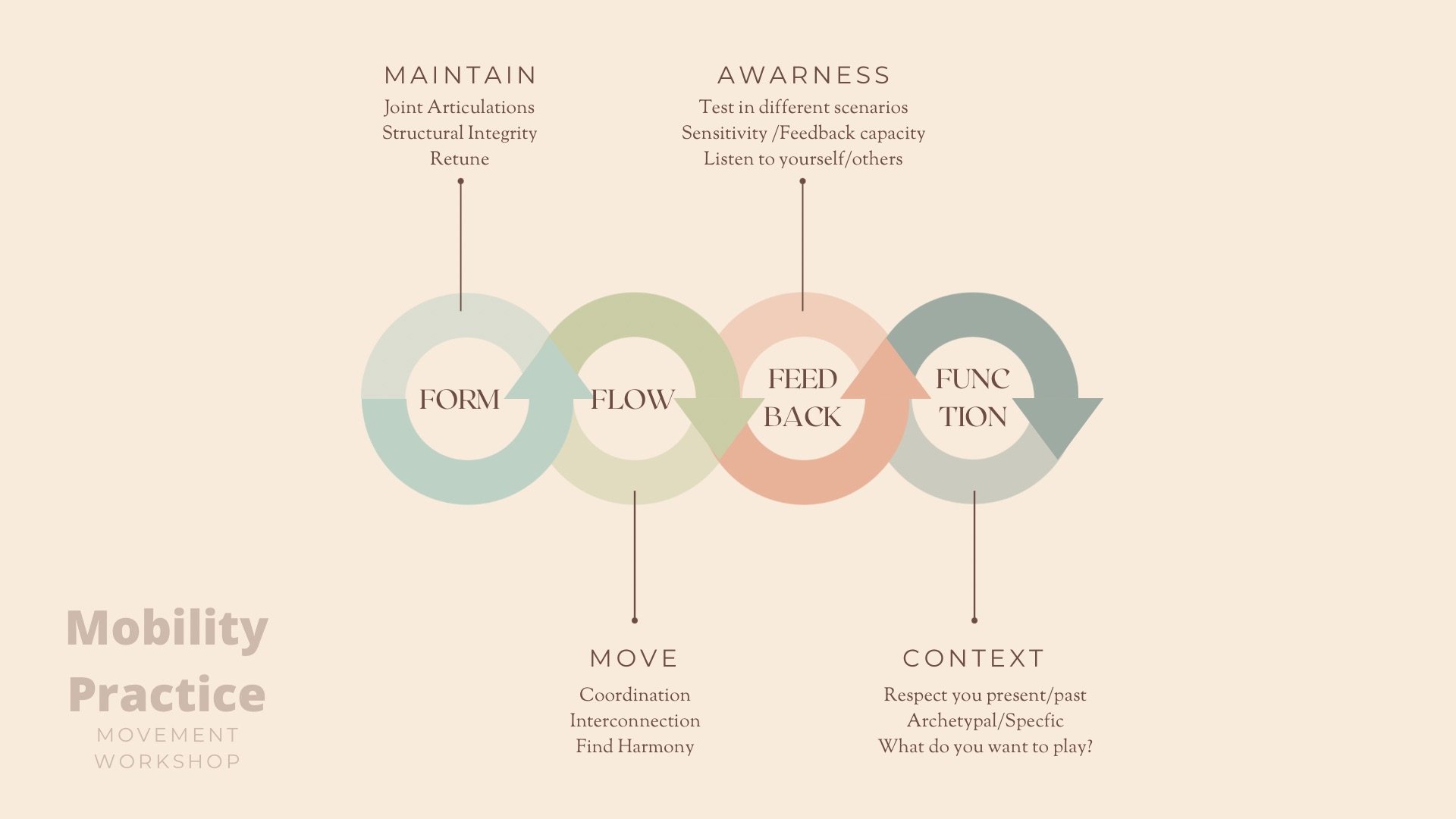Mobility Practice: From Building Blocks To Big Picture
We live in a time with overwhelming amounts of information to help yourself - but limited time and energy to decipher and apply it. To stretch or not to stretch? What type of “stretching”? Is there a difference between being flexible and being mobile? Why is Strength and/or range of motion valued more than a dynamically coordinated whole?
Here’s my best attempt to help you cut through the noise and make up your own mind through what I’ve curated and applied on myself and others - a big picture look at the approaches, but also a simple toolbox to take home and use.
In this 5-hour mobility workshop, I will share my experience from a broad spectrum of movement and mobility practices based on 12 years of study and practice. I will introduce tools and ideas to help you regain and develop your mobility (dynamic flexibility), explore and map the unique landscape that is your body and understand how we can coordinate ourselves through movement for joint health, longevity and athletic potential so that we might move better.
£120 EARLYBIRD / £150 AFTER 17TH JULY
The content covered is appropriate for all ages, from beginner to experienced. And will include exploring the component parts of the body such as the feet, ankles, knees, hips, spine and arms, to zooming out and seeing the entire picture, leaving you with the material to begin to give yourself feedback on your joint health, corrective tools to help with issues you find and better prepare to be proactive with your mobility practice, instead of/in addition to only being reactive.
Everyone is different and so one prescription will not work for everyone. There needs to be a balance between having things given to you on a plate to get you started, and investing the time and energy when you have it, to ‘learn how to fish’. Thus there will be a balance of tools you can take and incorporate immediately into your practice and underlying principles with which you can go away and craft your own ideas and become the architect of your practice.
Suitable for all ages, experience and bodies.
This workshop will introduce:
•Mobility development tools: to develop usable ranges of motion in your joints, based around building strength and control within your ranges of flexibility, to promote resilience and longevity.
•Interconnected: from roots to leaves: how do the joints collaborate and coordinate in an organised structure, to be strong and mobile in relation to the whole body? We will explore more complex circular and spiral-like movements moving on from simple joint actions to the complexity of moving as “one animal’ with grace and sensitivity. Tools to integrate the feet, legs, pelvis, spine and arms.
•Move like we did: Call them movement milestones, archetypal human/natural movements, or simply stuff we did as kids. We will spend time reconnecting to our movement roots via rolling, sitting, kneeling and crawling and all the beautiful transitions between them and from floor to standing. These patterns are included in our early development for a reason. They are a great way to retune our bodies and incorporate more movement into everyday life while respecting gravity and structure. They can range from gentle and straightforward to challenging and humbling; it is up to you where you take it.
•Building an adaptable elastic structure: An introduction to drills and games to cultivate joint immunity and capacity - how do we create intelligent and resilient joints that can deal with the unexpected? A smart structure that can distribute force over as many joints as possible. An adaptable body is a creative one able to deal with the unpredictable. Everything can be great when you practice by yourself and are prepared/know what you are going to do next. What happens when you’re put under pressure or taken by surprise. How does your body respond in an unplanned situation? We use fun, progressive and accessible partner games to test what our bodies know in a safe but unpredictable scenario.
Whilst cultivating the underlying principles of:
•Practice as feedback: Ideas to cultivate observational capacities in your practice to gain feedback and map how your unique proportions work together. Identify imbalances early on, and perhaps where your future injuries lie and guide yourself where you need to focus your practice, whether daily or long term aspirations.
•Work with what you have: Taking your time being patient and engaged when progress may be slow can be challenging. Before you expand, take time to cultivate what you have available now. Understand your own instrument and personal bio-mechanics and how it can be tuned to work together in harmony.
Spaces are limited!
£120 Earlybird/£150 after 17th July

